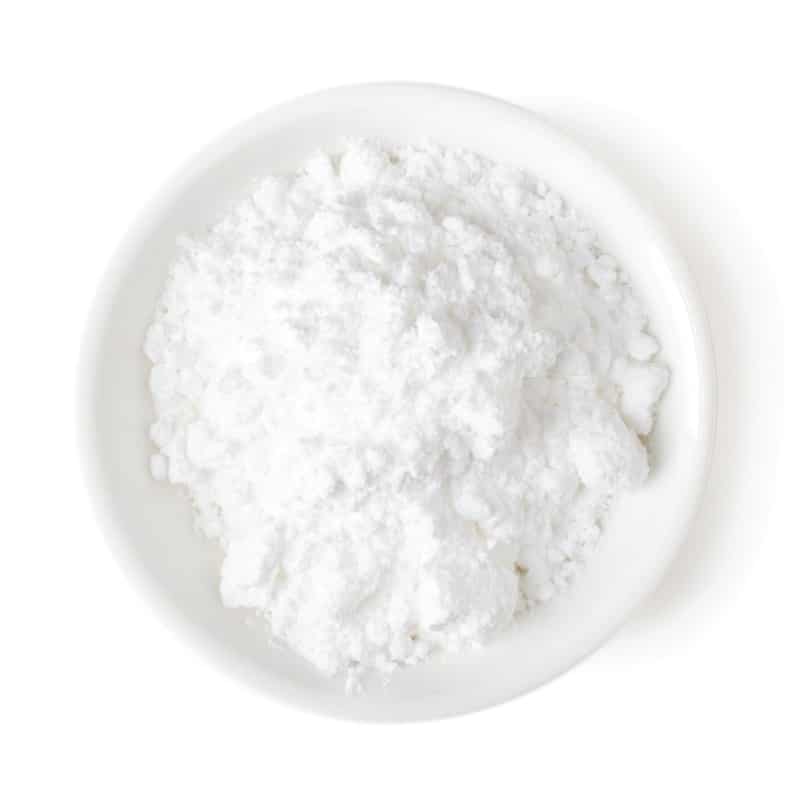Description
Hyaluronic acid (HA), also known as hyaluronan, is a substance that is naturally produced by the body. The largest amounts are found in the skin, connective tissue and eyes. Its main function is to retain water to keep the tissues well lubricated and moist. Nowadays, HA is obtained by microbiological fermentation, and sold in the form of its sodium salt (Sodium Hyaluronate). It is widely used for product formulations in the beauty and bodycare industry, it is said to be the best known cosmetic moisturizing ingredient in nature currently. This is understandable, as It holds up to 1,000 times its weight in water, making it a humectant that’s always pulling in moisture to deliver it straight into the skin thereby keeping the skin plump and supple.
INCI: Sodium hyaluronate
Manufacturer Suggested Usage: 0.01–2%
Molecular weight: ≤400-600 kDa (HMW)
Common Uses/Benefits.
Roughly half of the hyaluronic acid in the body is present in the skin, where it binds to water to help retain moisture. However, the natural aging process and exposure to things like ultraviolet radiation from the sun, tobacco smoke and pollution can decrease its amounts in the skin leading to less optimal skin appearance.
Hyalurolic Acid is highly effective for skin moisturisation and regeneration. It has the dual effects of moisturizing and nourishing the skin. When products containing HA are applied on the skin surface, macromolecular HA can rapidly form a permeable hydrated film on skin surface to soften the cuticle by hydration; thereby it increases the absorption and utilization for the delivery of active ingredients in cosmetics products. HA can penetrate directly into the dermis to dilate capillaries, increase blood microcirculation, and improve intermediate metabolism.
Hyaluronic acid promotion of skin cell regeneration by offering extra hydration and barrier protection to the skin, naturally leads to healthier cells and a more vibrant complexion. Hyaluronic acid also helps reduce and prevent age spots and pigmentation issues. But, it cannot do it on it’s own. When looking to treat dark spots, a vitamin C product should be paired with hyaluronic acid. Recent research in skincare show that including emollients like oils and butters in formulations with HA will help lock in and seal in the moisture thereby enhancing the retention of fluid to increase the benefit of the HA. Look to olive, avocado, or castor oils, shea or cocoa butter for this added benefits.
By promoting proper moisture balance in the skin, hyaluronic acid prevents the over-production of oil that clog pores and cause breakouts.
Hydrated skin reduces the appearance of wrinkles, which may explain why several studies show (source) that supplementing with Hyaluronic acid can make skin appear smoother. When applied to the surface of the skin, hyaluronic acid serums can reduce wrinkles, redness and dermatitis. Some dermatologists even inject hyaluronic acid fillers to keep skin looking firm and youthful.




Harrison Chidinma (verified owner) –
Des (verified owner) –
Zainab Isa (verified owner) –
Esther Joseph (verified owner) –
Made my hyaluronic acid gel and toners couple days ago and I’m loving it.
Halimah Ibrahim (verified owner) –
Ehita (verified owner) –
It was about 9.68g, not up to 10.00g, but the quality was great, so it was worth it.